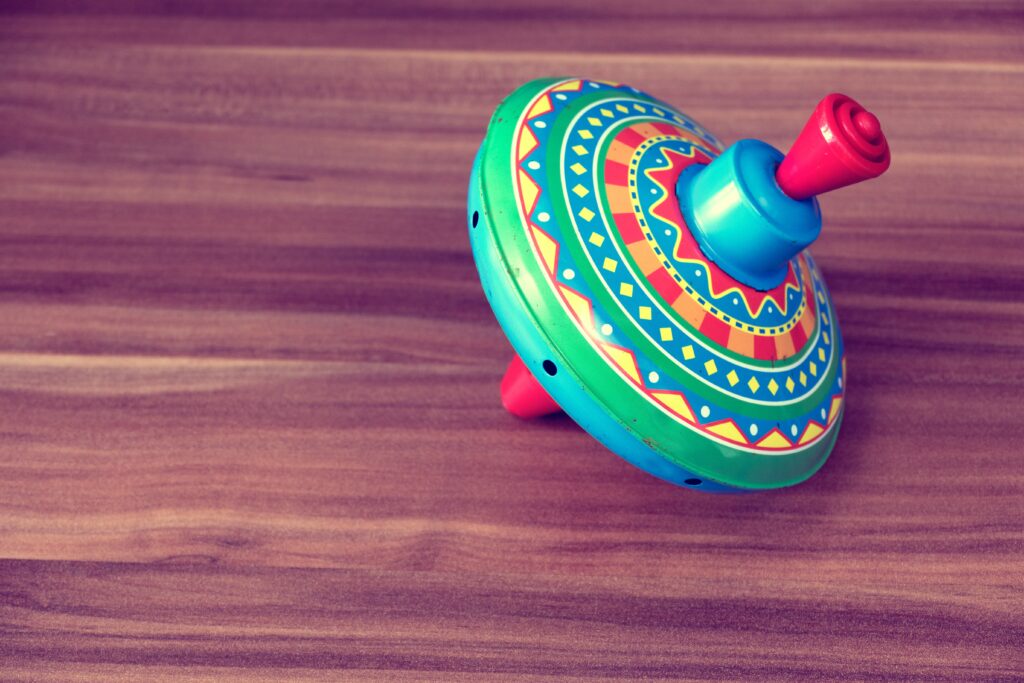Symptoms of autism typically appear during early childhood, and it’s important to be aware of some habits that autistic toddlers might display. Here are some common habits of autistic toddlers:
Repetitive Behaviors: Autistic toddlers often engage in repetitive behaviors, such as spinning objects or flapping their hands.

Difficulty with Social Interaction: Autistic toddlers may struggle with social interaction, such as making eye contact or responding to their name being called.
Delayed Language Development: Autistic toddlers may have delayed language development or may not speak at all.
Sensory Issues: Autistic toddlers may be sensitive to sensory input, such as loud noises, bright lights, or certain textures.
Unusual Play Behaviors: Autistic toddlers may have unusual play behaviors, such as lining up toys or playing with them in a repetitive way.
Intense Focus on Specific Interests: Autistic toddlers may have intense focus on specific interests, such as trains or animals, and may talk about them excessively.
Difficulty with Transitions: Autistic toddlers may have difficulty with transitions or changes in routine, and may become upset when things don’t go as expected.
Summary – Habits of autistic toddlers
It is important to note that just because a child may be displaying some of the above behaviours it does not mean that they are automatically autistic.
The diagnosis process for autism is quite complex and if you are concerned for your child you should reach out to a healthcare professional.
It’s also important to note that every child is unique, and not all toddlers with autism will display all of these habits. Early intervention and therapy can be very helpful in supporting autistic toddlers in their development and helping them to reach their full potential.

